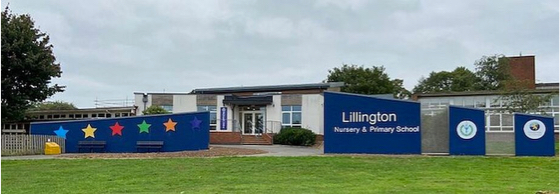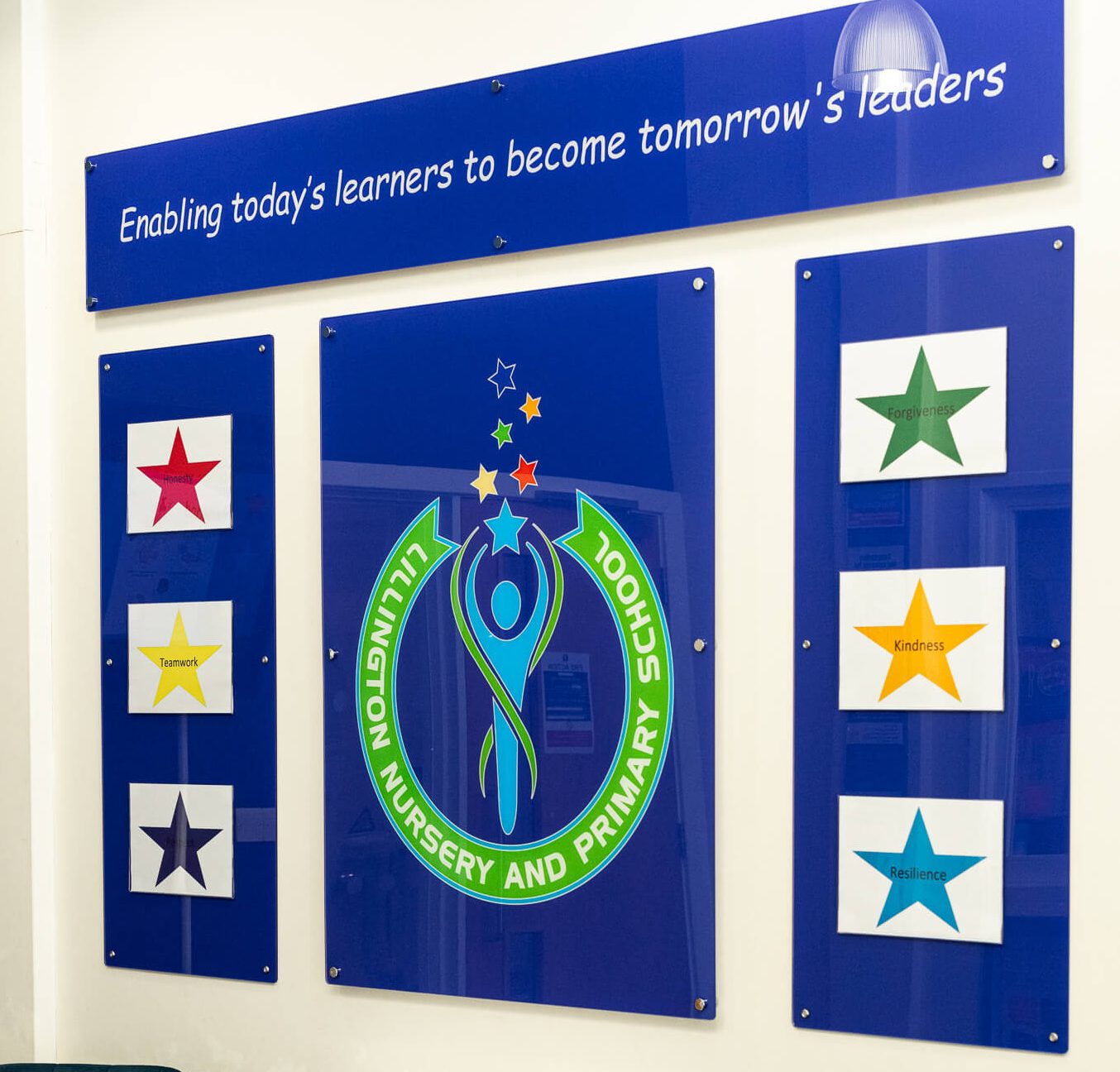Computing
At Lillington Nursery and Primary School, we understand that the rapidly evolving world of technology will play a pivotal part in the lives of our pupils. Technology is everywhere and we therefore recognise the importance of our computing curriculum equipping students with the necessary skills to thrive in this area, while using technology positively and safely. We want our pupils to become responsible, independent users and creators of digital content and to gain confidence and enjoyment from their use of computing technologies.
Therefore, we ensure children have the relevant skills and knowledge required to understand the three core areas of computing (computer science, information technology and digital literacy) and to offer a broad and balanced approach to providing quality first teaching of this subject. It is important that technology is used to support learning across the entire curriculum and that these lessons help them to develop creativity, resilience, problem-solving and critical thinking skills. As a result, while our curriculum is knowledge rich, it also provides many opportunities for pupils to apply this knowledge creatively, in turn helping our pupils to become skilled computer scientists.
Implementation
| Information Technology | Computer Science | Digital Literacy |
|---|---|---|
| Word Processing/Typing | Computation Thinking | Self-Image and Identity |
| Data Handling | Programming | Online Relationships |
| Presentations and Web Design | Computer Networks | Online Reputation |
| Animation | Online Bullying | |
| Video Creation | Managing Online Information | |
| Photography and Digital Art | Health, Wellbeing and Lifestyle | |
| Augmented and Virtual Reality | Privacy and Security | |
| Sound | Copyright and Ownership |
These are the areas that are covered within the three strands of our computing curriculum. At Lillington Nursery and Primary School, we use the National Centre for Computing Education (NCCE) scheme of work to cover the National Curriculum objectives for computing. Every lesson within this scheme has been individually planned so that they can be taught effectively, and staff are provided with teacher guides and explanatory videos alongside lesson resources. Teachers plan each of their sessions based on the needs of their class and on the technology infrastructure we have in place at Lillington and content is regularly reviewed. The NCCE scheme is closely referenced against the National Curriculum to ensure progression and coverage; a comprehensive computing skills progression document is also available on the website. This scheme is also supplemented by additional resource banks, such as STEM, Barefoot Computing, Twinkl and Cornerstones.
Computing should be taught both discreetly and throughout the wider curriculum. Each class has one timetabled computing slot in our new suite. These sessions are best spent working on computer science and some digital literacy units, as these are more difficult to organically teach through other subjects. Many of the information technology objectives can be covered through cross-curricular teaching, for example by creating videos to explain a topic that the class have been learning about. Online safety is taught through the Project Evolve scheme of learning. Each of the digital literacy objectives has an associated lesson and resources. These sessions are taught regularly and form the basis of all computing learning. Staff also model the correct usage of vocabulary in each year group, as outlined in the progression grids and NCCE teacher guides.
Impact
As a result of the engaging curriculum we use at Lillington Nursery and Primary School, pupils will:
- Be enthusiastic and confident in their approach towards computing.
- Be able to adapt to new technologies and software and work both independently and collaboratively to use identified concepts and approaches.
- Identify the source of problems and work with resilience to debug them.
- Create and evaluate their own project work.
- Have a secure understanding of the positive applications and specific risks associated with a broad range of technology.
- Transition to secondary school with the skills and interest to continue learning in computing.
Formative assessments are carried out every lesson by teachers I order to recognise and address misconceptions should they occur. These vary from teacher observations or questioning, to written activities. In addition, every unit includes optional summative assessments to address whether more work needs to be spent on a unit as well as to inform necessary adaptations to teaching.





